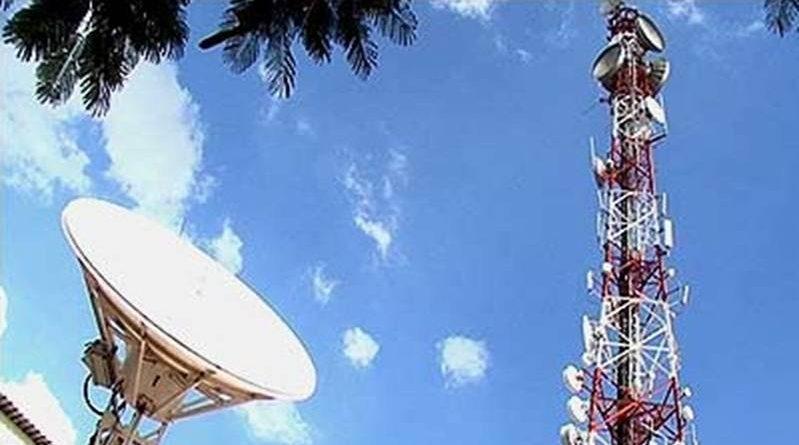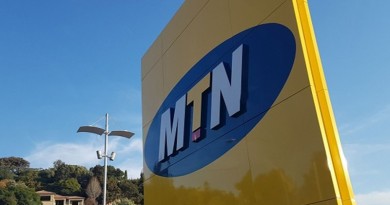Investment in Nigeria’s telecoms sector surpass $75.6bn
According to Umar Danbatta, Executive Vice Chairman of the Nigerian Communications Commission (NCC), the investment profile in the country’s telecommunications sector is presently 75.6 billion as of 2021. He stated that this includes both foreign direct investment and domestic investment. This is stated in a statement made by NCC and signed by Reuben Mouka, its Director of Public Affairs.
According to the statement, Mr Danbatta, a professor, presented his scorecards since taking office in 2015 at an interactive session with media managers and executives on Wednesday in Lagos.
He stated that improvements in the telecoms industry have considerably contributed not just to the country’s income growth but also to the people’s socioeconomic development.
Rate of growth
According to Mr Danbatta, the sector’s investment profile was $68 billion in 2018, rising to $70.5 billion in 2019 and $72 billion in 2020.
“By 2021, the figure had risen to $75,560,563,417.79 ($75.6 billion). The latest figure is the industry’s current official investment profile, rising from the original $70 billion investment in the last several years,” Mr Danbatta explained.
He stated that both the Central Bank of Nigeria (CBN) and service providers calculate investment in the Nigerian telecoms sector.
While the CBN collects and calculates FDI, portfolio, and other elements of the telecoms sector, the Commission collects investment figures from telecom licensees described as domestic investment arising from capital expenditure that forms part of the total investment in the industry,” the statement reads in part.
He continued, “the telecom sector has recorded tremendous growth from an initial investment profile of $500 million in 2001, when the sector was fully liberalised, thanks to the effective regulatory environment created by the NCC.”
The NCC CEO further stated that the industry is now a substantial contributor to the Nigerian economy “through an impressive sectoral contribution to the nation’s GDP quarterly, up from about 8.5% in the third quarter of 2015, contributing N10.126trillion to the nation’s GDP alone in 2022.
Statistics
Mr Danbatta stated that the telecoms sector contributed N10.126 trillion as an aggregate quarterly contribution to GDP in 2022, citing data from the National Bureau of Statistics (NBS).
“In the first quarter, the sector contributed 12.94%, equivalent to N2.246 trillion, while the second quarter saw an all-time high GDP contribution to the nation’s economy by the telecom sector, standing at 15% and valued at N2.593 trillion,” he said. The sector contributed 12.85 percent of GDP in the third quarter and 13.55 percent in the fourth quarter, valued at N2.436 trillion and N2.851 trillion, respectively.
The development trajectory continued this year, with the Nigerian telecoms and information services sector contributing a handsome N2.508 trillion in financial value to the nation’s gross domestic product, GDP, representing 14.13% in the first quarter of 2023.”
NCC further stated that the sector’s contribution to GDP in 2015 was 8.50%, which increased to 9.13% in 2016 and 8.66% in 2017.
“In the fourth quarter of 2019, telecoms contributed 10.60% to national GDP, up from 9.85% in the fourth quarter of 2018.
Furthermore, it increased GDP by 14.30% in the second quarter of 2020 and 14.42 percent in the second quarter of 2021. The sector’s biggest quarterly contribution to GDP to the economy was 15% in the second quarter of 2022.”
Telecoms as a development facilitator
The regulatory agency stated that the telecoms sector has become a vital enabler of economic progress in Nigeria, and that it continues to positively impact all aspects of the Nigerian economy. “As the regulatory authority for the telecom sector in Nigeria, we are pleased that the sector has recorded phenomenal growth statistics over the last two decades of telecoms liberalization.” We will not, however, rest on our laurels. We will continue to strive for greater heights by stimulating the extension of frontiers in order to place Nigeria on the global map of the digital economy




